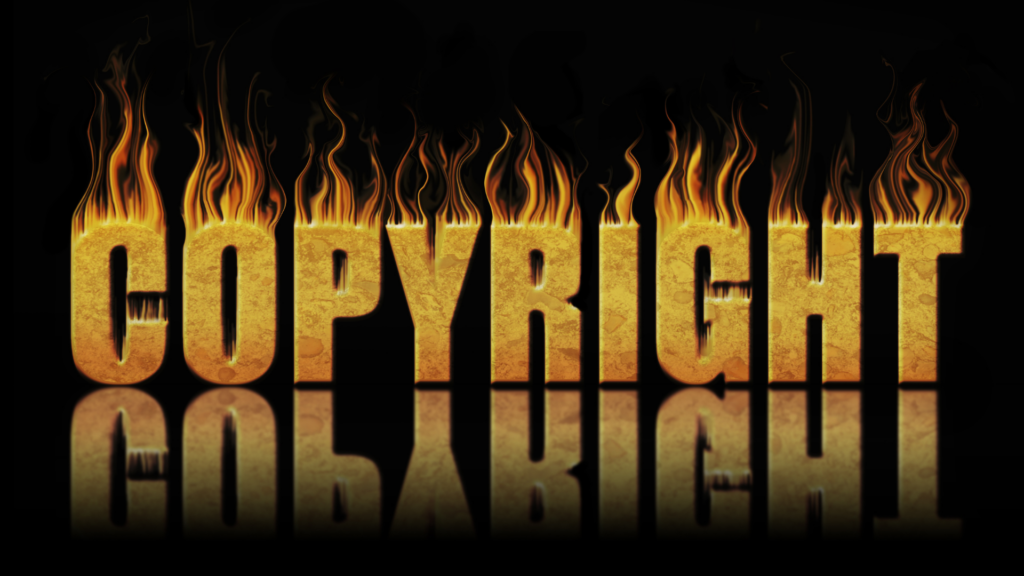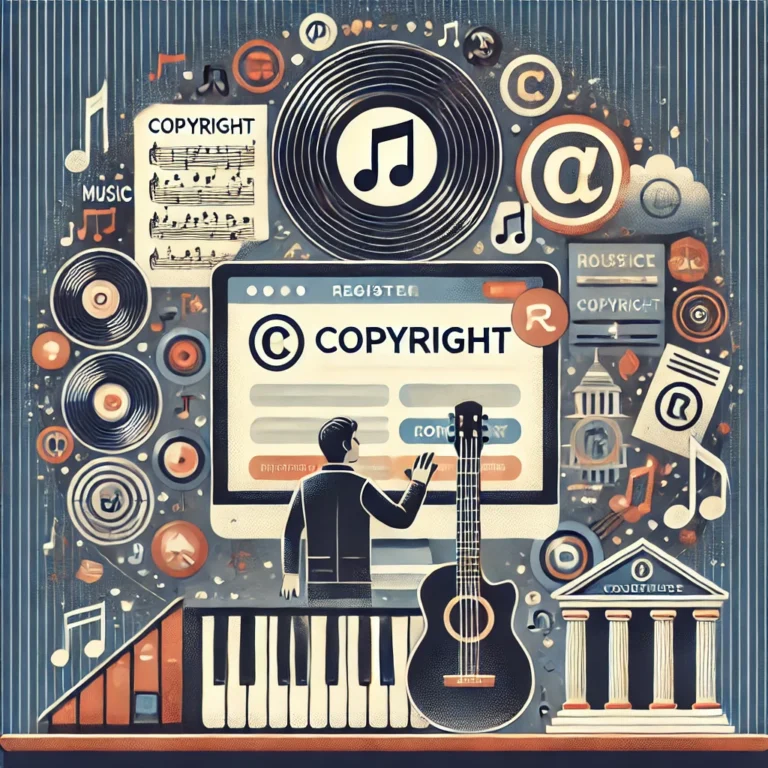Call us now:
The issue of music copyright in Vietnam. The issue of music copyright in the digital space is a significant challenge that requires the collaborative efforts of all stakeholders to protect the legal rights of artists and creators. With the rapid growth of digital platforms and online streaming services, unauthorized use and distribution of copyrighted music have become widespread. This has led to the exploitation of artists’ works without proper compensation.

What is music copyright?
Music copyright is the legal right that protects creative musical works such as songs, compositions, and sound recordings from being copied, distributed, performed, or used without authorization. Music copyright allows authors, composers, and producers to control how their works are used, while also enabling them to receive financial benefits from the usage of these works.
Current issues of music copyright in Vietnam
Vietnam’s Intellectual Property Law clearly stipulates that musical works are among the literary, artistic, and scientific works protected by copyright. Copyright includes both moral rights (such as the right to name the work and the right to be credited as the author) and economic rights (such as the right to copy, distribute, and publicly perform the work).
The importance of registering music copyright
Registering music copyright helps authors better protect their rights, especially in cases of disputes. Copyright registration not only provides legal evidence of ownership but also serves as a basis for claiming damages in case of infringement.
Copyright registration is the official way to confirm an author’s ownership of their musical work. In cases of disputes regarding ownership or use of the work, the copyright registration certificate serves as strong legal evidence to protect the author’s rights in court. Having a registered copyright makes it easier for the author to prove their ownership, reducing the risk of losing rights in legal proceedings.
Registering copyright also acts as a deterrent against infringements before they occur, as the presence of a copyright certificate makes others hesitant to copy or use the work without permission.
Additionally, copyright registration facilitates authors and rights holders in claiming royalties when their works are used, creating a legal and stable source of income. Once a work is registered, it can be commercialized through sales, rentals, licensing, or transfer of usage rights. This not only increases the value of the work but also opens up business collaboration opportunities for the author.
The current situation of music copyright registration in Vietnam
Although registering copyright brings many benefits, the number of music works registered for copyright in Vietnam remains modest. Many authors, even those who have registered, do not fully understand the legal provisions necessary to protect their rights comprehensively. This leads to legal risks, especially in copyright transfer agreements with music distribution companies.
The situation of music copyright infringement
Music copyright infringement is widespread and complex in Vietnam, particularly on digital platforms. According to reports, in 2022, 80% of copyright violations occurred online, causing an estimated loss of 348 million USD.
The Vietnam Music Copyright Protection Center had to file lawsuits in over 40 infringement cases, with more than 20 still being processed. Many violations occurred because authors only made oral agreements or communicated through messages with distribution companies, without formal legal contracts. This makes it difficult to resolve these cases.
The rapid development of the internet, digital platforms, and social media has facilitated the creation, performance, and publication of music works. People, from professional artists to music enthusiasts, can easily share their works on online platforms. However, along with these benefits, the issue of music copyright in cyberspace has become much more complicated.
According to a survey by the Asia-Pacific Copyright Alliance (CAP), Vietnam is one of the countries with a high rate of copyright infringement on online content services, social media, and online messaging platforms. Specifically, 41% of violations occurred on social media platforms and messaging apps, while 19% were related to streaming services. Additionally, 61% of users in Vietnam access platforms that violate copyright, highlighting the widespread nature of these behaviors.
Common forms of copyright infringement
Livestreaming and live broadcasts:
One of the most common copyright infringements is livestreaming music content on social media and websites without the permission of the copyright holder.
Copying and editing content:
Copying entire music content that has been broadcast or cutting and editing videos, then illegally uploading them to the internet, are also common forms of copyright infringement.
Changing domain names to continue infringing:
When authorities block access to websites that infringe copyrights, violators often change domain names repeatedly to avoid detection and continue offering unauthorized content. To combat copyright violations in cyberspace, authorities have coordinated with the Asia-Pacific Copyright Alliance and other organizations to block access to hundreds of infringing websites in Vietnam. However, this effort faces many challenges as violators frequently change domain names and use other methods to circumvent the law.
Contact Us Now:
DCNH LAW
Address: 38B Tran Nhat Duat, Phuoc Hoa ward, Nha Trang city, Khanh Hoa province, Vietnam.
Phone: (+84) 343320223 – 974278893
Email: dcnh.law@gmail.com


